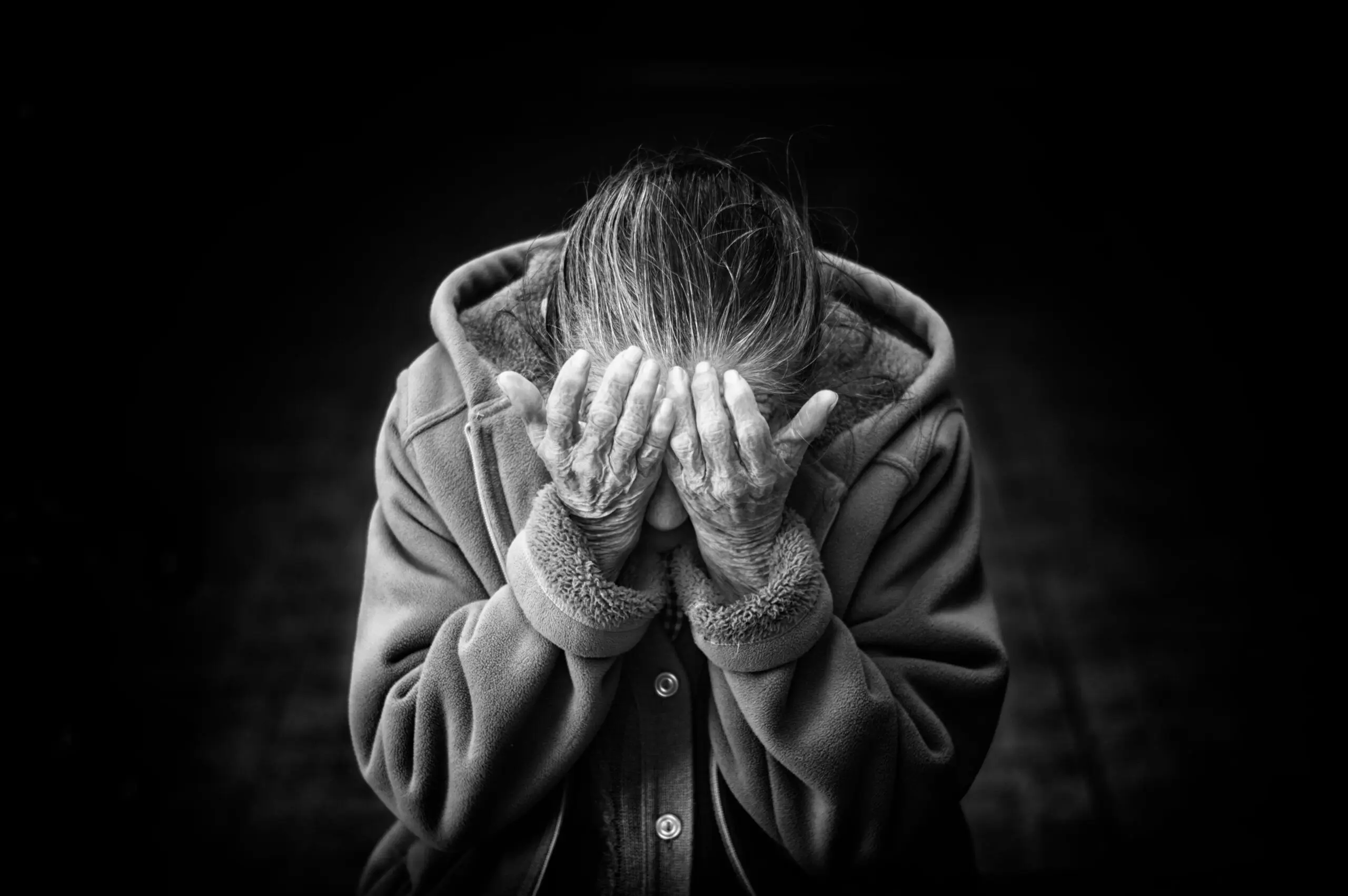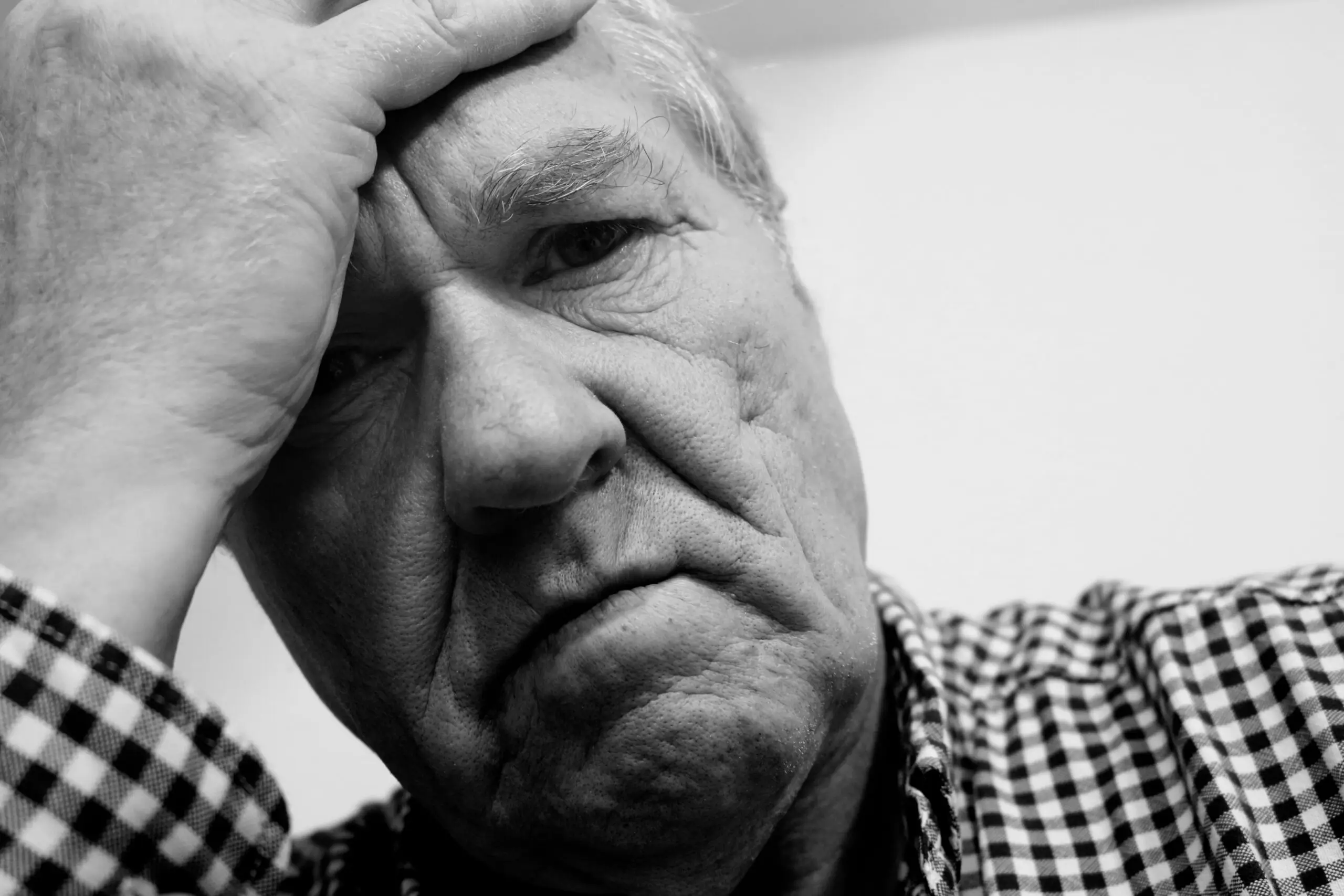Complicated Grief in Caregiving: Signs, Support & Recovery Stories
Complicated Grief in Caregiving: Signs, Support & Recovery Stories

What Is Complicated Grief?
Complicated grief extends beyond typical mourning, persisting with intense emotions that can interfere with daily life. While there’s no universal timeline for grief, healthcare professionals recognize that some people experience a form of grieving that becomes dysfunctional and requires additional support.
As Roz Leiser, a registered nurse, explains, “The path of grief is not a period of time, but a process. Dysfunction occurs when there’s no movement, when people can’t express anything and are stuck.”
Recognizing Signs of Complicated Grief
Common indicators of complicated grief include:
- Unrelenting guilt that develops into self-destructive behavior
- Persistent anger or hostility that can’t be resolved
- Increased substance use as a coping mechanism
- Inability to perform daily tasks months after the loss
- Recurring thoughts of suicide or feelings of worthlessness
- Severe isolation and chronic loneliness
- Emotional numbness or inability to feel
- Frequent panic attacks
Real Stories of Caregiver Grief
Sandy’s Journey Through Loss
At 40, Sandy experienced one of the most devastating forms of loss when her young son Mike died from leukemia. Four years later, she continues to struggle with complicated grief symptoms that have transformed every aspect of her life. Her husband’s desire for another child was met with resistance, leading to their eventual divorce. Today, Mike’s photos still surround her home, serving as both comfort and reminder of her loss.
Sandy’s experience demonstrates the profound impact of complicated grief. Though she has returned to working part-time, she finds herself unable to connect with colleagues or their children. The persistent feelings of failure as both a mother and wife continue to haunt her, creating a cycle of grief that seems impossible to break.
Carol’s Experience as a Medical Caregiver
Carol’s story illustrates the unique challenges faced by medical professionals who become family caregivers. For nearly two years, she spent twelve hours daily in the hospital with her husband Don, a dermatologist battling liver disease. Despite her background as a registered nurse and understanding of the medical equipment keeping her husband alive, the emotional toll was immense.
“I was just as much a patient as he was,” Carol recalls of her caregiving journey. While maintaining Don’s medical practice with help from military physicians, she also struggled with severe anxiety. Though she attended church and choir practice, she describes the experience as “like a wall closing in on all sides.”
Even ten years after Don’s passing, Carol acknowledges how long-term caregiving has permanently altered her life. “Grief comes in waves, rather than suddenly like a Mack truck hitting me,” she explains. “The waves are further apart, but you never know when they will hit. If I hear a song and it brings back a memory, I can always switch a radio station. But thoughts can be hard to control.”
Barbara’s Journey Through Isolation
Barbara’s experience exemplifies the complex nature of complicated grief in long-term caregivers. After her husband of 50 years, Marvin, battled emphysema, diabetes, and congestive heart failure for a decade, Barbara found herself struggling with intense, unresolved grief. Despite having the financial means for additional help or nursing facility care, she had chosen to retire early from her career as a paralegal to become Marvin’s full-time caregiver.
The first year after Marvin’s death became a period of intense isolation. Barbara rarely left her house and spent most of her time in bed, overwhelmed by intense emotions she felt unable to express. “I never understood what was normal in the grief process,” she reflects. “I was constantly judging the process or suppressing it, so that I would feel in control. I felt that to be strong, I couldn’t express my sorrow.”
Being the first among her friends to lose a spouse left Barbara feeling particularly isolated and abnormal. She struggled with unresolved guilt about medical decisions and compiled countless grievances that she processed alone. It wasn’t until she realized she was “wasting her own precious life” that Barbara began to seek a path forward. Her story highlights how complicated grief can trap caregivers between past and future, making the present feel empty and meaningless without proper support and understanding.
Moving from Loss to Acceptance
Christine Longaker, author of “Facing Death and Finding Hope,” shares her personal journey through grief after losing her husband. Even two years after his death, she experienced cycles of intense pain and sadness. Through confronting her emotions and developing a new way of thinking about loss, she discovered a path toward healing. As she notes, “Part of the task of mourning is to let go of our former relationship and then consciously decide to create a new life, with meaning and purpose.”
Longaker’s experience highlights a crucial question for those navigating complicated grief: “For what purpose will I continue to live?” This fundamental question often helps mourners find their way forward.
The journey through grief involves several key processes:
- Acknowledging and recognizing the reality of the loss
- Expressing grief through both tangible and intangible ways
- Processing secondary losses, such as changes in social connections
- Developing a new relationship with memories of the deceased
- Creating a new life narrative while honoring the past
Practical Steps for Managing Caregiver Grief
- Build a support system early in the grieving process
- Express feelings through conversation rather than isolation
- Seek professional grief therapy when needed
- Create personal rituals for processing grief
- Acknowledge ongoing losses during the caregiving journey
- Maintain connections with others while grieving
Living with Grief: The Path Forward
As Dr. Therese Rando explains, while acute grief eventually ends, mourning may continue in different forms. The goal isn’t to “get over” the loss but to learn to live with it in a healthy way. For caregivers, this means acknowledging both the grief of final loss and the accumulated losses throughout the caregiving journey.
If you’re experiencing signs of complicated grief, remember that support is available. Professional counselors specializing in caregiver grief can help you navigate this challenging journey.
Additional ‘Life After Loss’ Articles







